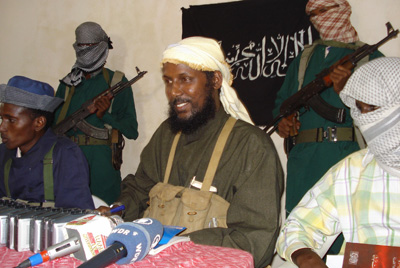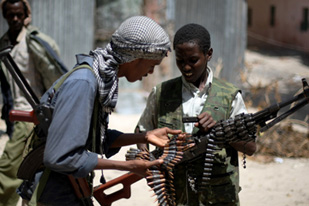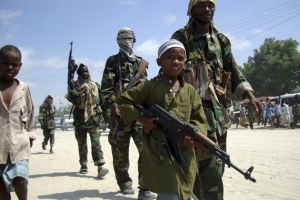Islamist extremism has been on the rise in East Africa for the past decade, with al-Qa’ida-linked groups such as al-Shabaab behind a growing number of terror attacks.
Since the Kenyan army began helping Somali forces tackle al-Shabaab insurgents in southern Somalia in October 2011, Kenya has fallen victim to a string of retaliatory gun and grenade attacks.
Last month, four Kenyan police officers were shot dead in Garissa, near the Somali border, when 40 armed men suspected of belonging to al-Shabaab attacked a police post. In July, the group released two Kenyan government officials it had seized in a 2012 cross-border attack, after holding them hostage in Somalia for more than a year.
Between July 2011 and July 2012 there were at least 17 attacks involving grenades or explosive devices in Kenya, killing at least 48 people and injuring around 200. Four of these attacks occurred in Nairobi, and four in Mombasa. Targeted locations have included police stations and police vehicles, nightclubs and bars, churches, a religious gathering, shops and a bus station.
Al-Shabaab was also behind the twin bomb attacks in Kampala, Uganda, that killed at least 74 people in 2010. These were again connected to military actions against them in Somalia. Sheik Ali Mohamud Rage, the group’s spokesperson, said soon after the bombings: “We are sending a message to Uganda and Burundi, if they do not take out their Amisom [African Union Mission in Somalia] troops from Somalia, blasts will continue and it will happen.”
Today, the group added: “The Kenyan government turned a deaf ear to our repeated warnings.”
[Independent]









 Premier League
Premier League